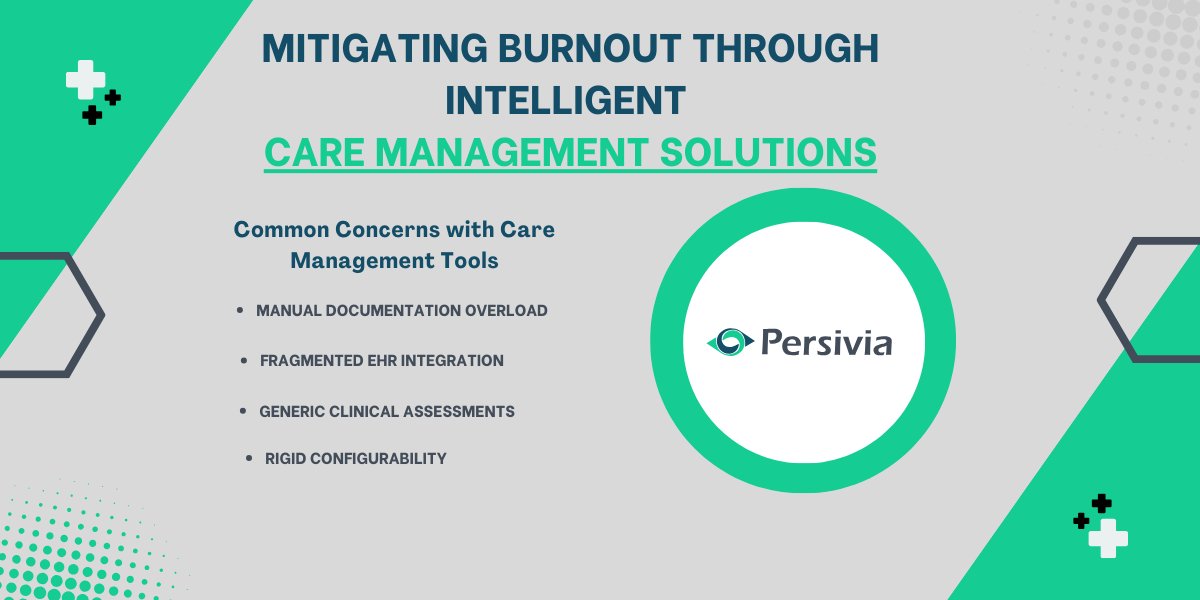
The Most Useful Currency Management Tips For Expats
There are over 56 million expatriates currently living all over the world, and this number will only continue to increase over the next few years.
Many expats are drawn to foreign countries for work or retirement, but the truth is that managing finances in another country can be a challenge. If unprepared, it’s easy to make costly mistakes. Oftentimes, if you’re just starting out, it’s easy to simply trust the bill payment and money transfer systems you already have.
But hoping they’re enough to meet your obligations won’t set you up well in the long run.
So, if you’re an expat and need guidance about how to manage your money abroad, here are 7 tips that can help improve your financial situation.
Tip #1: Open a Local Bank Account
One of the first things you should do when moving to another country is to open a local bank account. This will help you to manage your finances better and avoid paying high fees for international transactions.
A local bank account will also make it easier for you to receive payments in the local currency. Plus, you can usually get a debit card you can use at ATMs and merchants in the country. Be sure to research which bank is best for you, as each offers different services and benefits.
Tip #2: Use a Foreign Currency Exchange Calculator
When you’re sending or receiving money from overseas, using a foreign currency exchange calculator is essential to ensure you’re getting the best deal possible. Of course, many factors go into calculating an exchange rate. It’s always best to err on the side of caution and use a calculator to ensure you’re getting the most bang for your buck.
There are many online foreign currency exchange calculators that can help you keep track of the latest rates, like freecurrencyapi.com. You can use this app to calculate exchange rates and have access to live & historical exchange rate data from 1999 to today.
Some banks and credit cards also offer foreign currency exchange services, but they typically charge high fees. So it’s usually better to use a foreign currency exchange calculator and transfer the money yourself using a service like TransferWise which offers low fees and fast, reliable transfers.
Tip #3: Use a Forward Contract
If you need to make a large international payment or transfer in the future, you can use a forward contract to lock in the current exchange rate. This can protect you from any currency market fluctuations and ensure you get the best possible rate.
You can arrange a forward contract with most banks and foreign exchange brokers. You will only need to provide some personal information and details about the payment or transfer you need to make, but it’s a relatively simple process.
Tip #4: Open a Multiple Currency Account
If you frequently make international payments, you can consider opening a multiple-currency account. This type of account allows you to hold and manage multiple currencies in one place.
Many banks offer multiple currency accounts, which can be a great way to save on fees and exchange rates. With a multiple currency account, you can also choose which currency you want to use when making a payment to help you get the best possible rate.
Tip #5: Monitor Your Spending
Whether you're dealing with foreign currencies or not—it's always important to monitor your spending.
One way to help manage your spending is by using a budgeting app or spreadsheet to track all of your expenses. This will give you a clear picture of where your money is going and help you to make adjustments as needed.
Many different budgeting apps and spreadsheets are available, so choose one that best suits your needs. Some popular options include Mint, YNAB, or even just Google Sheets.
Tip #6: Know Your Taxes
When living in another country, it’s important to know the tax laws and regulations. These can vary depending on your citizenship, residency status, and the country you’re living in.
The general rule of thumb is that you will pay tax in the country where you earn your income. Still, the best course of action is to speak with a tax advisor or accountant to better understand the taxes you may be required to pay. They can also help you take advantage of any tax deductions or credits you may be eligible for.
Tip #7: Get Insurance
Most expats live and work overseas without a problem, but in some cases, the expat life can expose you to many risks that require medical attention. This is why it’s vital to have international health insurance wherever you are.
Getting health insurance while living abroad ensures that you won’t be paying a lump sum of money should something serious happen to you. Plus, you won’t have to worry about currency exchange rates and how they will affect your coverage.
Manage Your Finances Effectively
Managing your finances effectively as an expat can be tricky, but it’s not impossible. By following these tips, you can make the process a lot easier and less stressful.
Just remember to stay organized, monitor your spending, and be aware of the taxes and regulations in your host country. And don’t forget to get international health insurance—it’s always better to be safe than sorry.

Law Firm Management: How Technology is Driving Efficiency

Most Popular Social Networks: Dominating Online Platform







